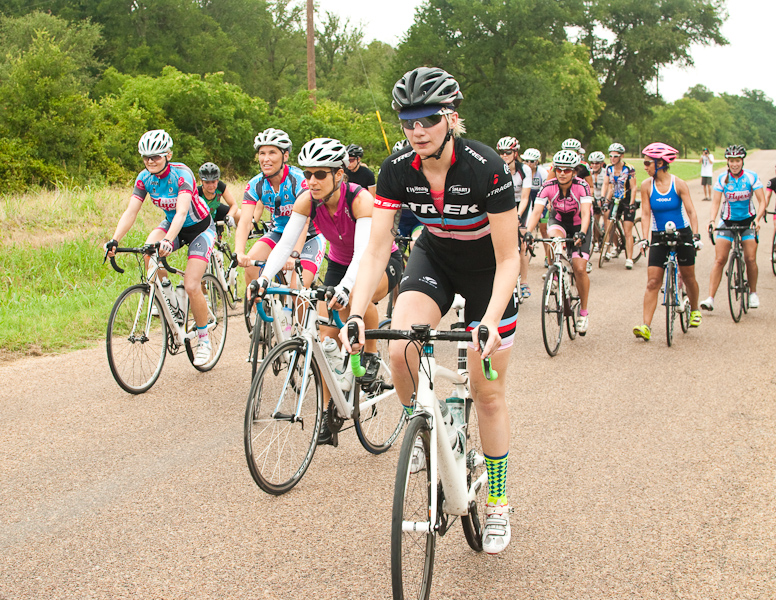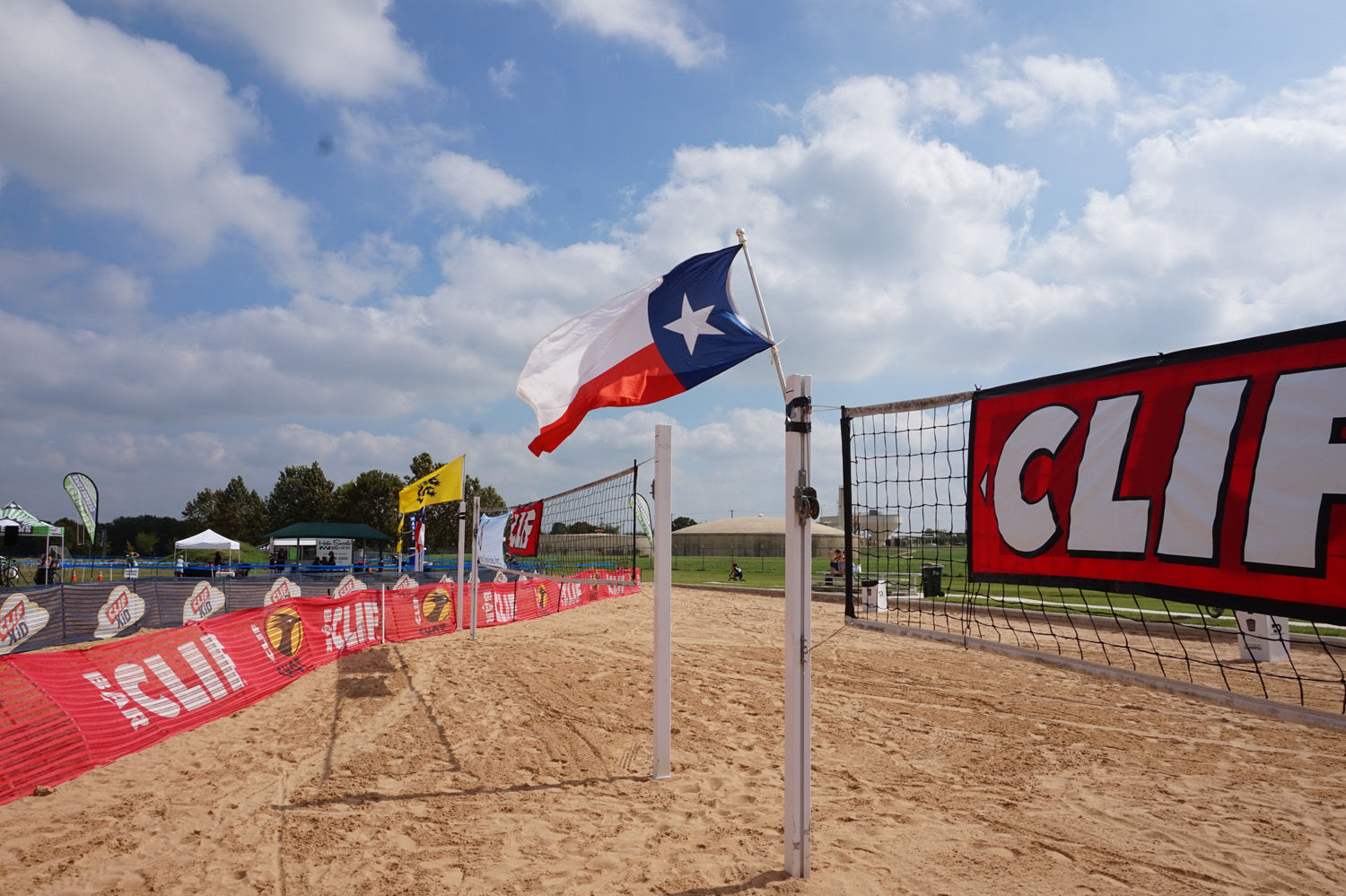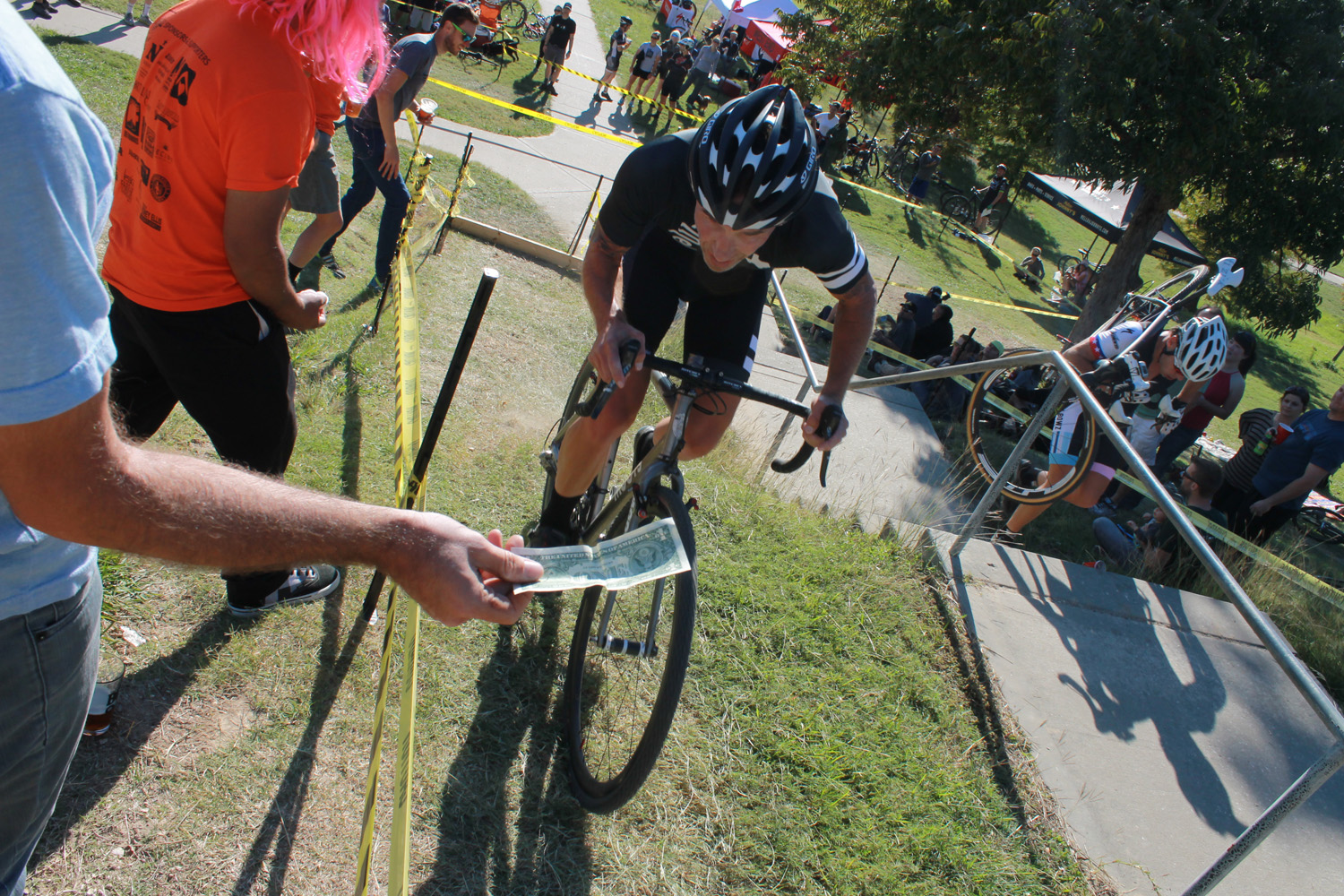The night of 1 Suro is the beginning of the first month of the Javanese New Year, which coincides with 1 Muharram. It’s a sacred moment to perform good deeds. The Javanese calendar of 1 Suro was first published by the King of Mataram, Sultan Agung Hanyokrokusumo, referring to the
am Bukhari:
“Allahumma Anta Rabbi, la ilaha illa Anta khalaqtani, wa ana ‘abduka, wa ana ala ahdika wawa’dika mastatha’tu, audzubka min syarrima shana’tu, abu’u laka bini’matika alayya wa abu’u laka bi dzanbi, faghfirli, fa innahu la yaghfir
efore dawn.
During the month of Ramadan, a Muslim can still do the tahajjud prayer after performing the tarawih prayer. In addition to our prayers being answered when reciting the tahajjud prayer, ther
The word “Syafahallah” is used by someone to pray for the recovery of a woman who is sick, but the prayer is not spoken directly to the person who is sick. Instead, this word is a third-person pronoun and is usually expressed through an intermediary or another p
The meaning of syafakillah is “may Allah grant you healing.” This word is used by someone as a prayer to pray for healing for a person who is sick. The use of this word is often encountered on social media, and this word is specifically directed towards
Dhuha prayer.
اَللّٰهُمَّ إِنَّ الضَّحَآءَ ضَحَاءُكَ، وَالْبَهَاءَ بَهَاءُكَ، وَالْجَمَالَ جَمَــالُكَ، وَالْقُوَّةَ قُوَّتُكَ، وَالْقُدْرَةَ قُدْرَتُكَ، وَالْعِصْمَةَ عِصْمَتُكَ. اَللّٰهُمَّ إِنْ كَانَ رِزْقِيْ فِي السَّمَآءِ فَأَنْزِلْهُ، وَإِنْ كَانَ فِي الْأَرْضِ فَأَخْرِجْهُ، وَإِنْ كَانَ مُعْسَرًا فَيَسِّرْهُ، وَإِنْ كَانَ حَرَامًا فَطَهِّرْهُ، وَإِنْ كَانَ بَعِيْدًا فَقَرِّبْهُ، بِحَقِّ ضَحَاءِكَ وَبَهَاءِكَ وَجَمَالِكَ وَقُوَّتِكَ وَقُدْرَتِكَ آتِنِيْ مَآ أَتَيْتَ عِبَادَكَ ا
Muslims perform Tahajud prayers during the Night of Lailatul Qadr at Naif Mosque, Dubai (5/5/2021). 10 days before the end of Ramadan, Muslims perform I’tikaf to attain the night of glory (Lailatul Qadr) by reading the Quran, performing Tahajud prayers and dhikr.
jud prayer:
Allâhumma rabbana lakal hamdu. Anta qayyimus samâwâti wal ardhi wa man fî hinna. Wa lakal hamdu anta malikus samâwâti wal ardhi wa man fî hinna. Wa lakal hamdu anta nûrus samâwâti wal ardhi wa man fî hinna. Wa lakal hamdu antal haq. Wa wa’dukal haq. Wa liqâ’uka haq. Wa qauluka haq. Wal jannatu haq. Wan nâru haq. Wan nabiyyûna haq. Wa Muhammadun shallallâhu alaihi wasallama h
e or not to give.
O Allah, as You protect our faces from prostrating except to You, then protect us from needing anyone other than You, with Your generosity, Your kindness, and Your grace, O Most Merciful of all who show mercy. Suffice us with Your grace from anyone other than You. May Allah have mercy on our master Prophet Muhammad and his family and companions, and may
tors in the past.
From an attitude of appreciation, it then grows into a source of inspiration and motivation for the next generation of the nation to do better and advance compared to the achievements that have been achieved by our ancestors in the past. A great nation is a nation that appreciates its ancest
It’s important for every Muslim to know the prayer after reading Surah Al Waqiah. Surah al Waqiah is the 56th chapter in the Quran. This surah is made up of 96 verses and is part of the Makki surahs, as it was reve
t) is true.
O my Lord, to You I submit, in You I believe, on You I rely, to You I turn, for Your sake I argue, and to You I refer for judgment. Therefore, forgive me for what I have done in the past and what I will do in the future, what I have concealed and what I have revealed, and what You know better about me than myself. You are the One who brings forward and You are the One who delays. There is no god but You. There is no power and no strength
ntry in the past.
The way to honor and appreciate the services of our ancestors besides praying for them is, of course, by maintaining their graves. Because graves are historical monuments that can be used as a medium to remember the services of our ancestors, to remember and emulate their good de
owards the west).
Meanwhile, the charismatic scholar KH Yahya Zainul Ma’arif, also known as Buya Yahya, explains that the time for Dhuha prayer is after the sun is well above the horizon until just before it is directly overhead. As long as the sun is not right above one’s head, it is still wit
un’s intensity.”
“So, the young camel is basking in the sun. So, when it starts to feel warm around 9 o’clock. That’s the better time for Dhuha prayer. It is said to be when the sun ascends about a quarter of the day, approximately 3 hours from sunri






